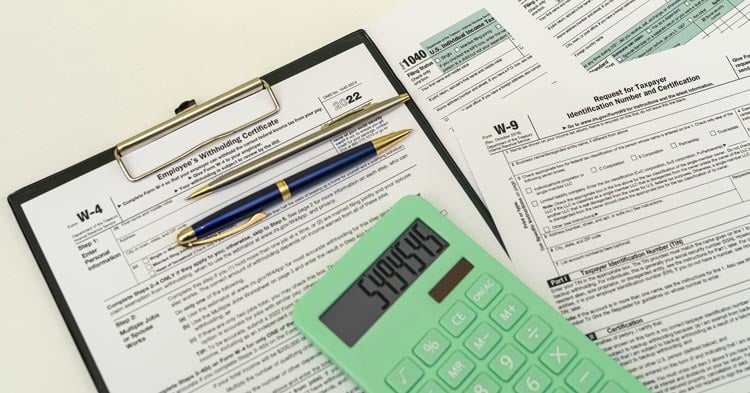How to Complete a Composite Tax Return

Pass-through entities may file composite tax returns in most states with a state-level individual income tax. The owners that are eligible to be included in a composite are those who are residents of other states. For example, suppose you reside in Michigan but are a partner in a company that owns property in California, New York, Utah, and Florida. In that case, your company may want to file a composite return for the states where you are not a resident.
Direct Or Fractional Real Estate Investments: Which Offers Greater Potential Profits?

Real estate is historically a robust long-term investment. In the US, homeownership is an elevated goal for many people. For some, extending that pursuit to add additional property becomes the foundation of their wealth accumulation strategy. And it's no wonder since buying and holding real estate can be a path to success.
Are Restricted Stock Units (RSUs) Taxed as Ordinary Income?

Many corporations seek to incentivize their valued employees to remain with the company (unless the firm is downsizing) to limit the damage of turnover. Of course, pay and benefits are significant components of an attractive compensation package, but many companies like to encourage tenure by offering deferred rewards that depend on the employee remaining with the company. Often, these rewards are tied to the company's stock price. The theory is that you will earn a greater return if you help the company succeed.
How Long Can You Lock in a Mortgage Rate?

Mortgage rates took center stage in financial headlines in 2022 after rising to highs not seen in decades.
What is a Composite Tax Return?

If a taxpayer invests in a pass-through entity with operations in more than one state, the investor may owe state income taxes in more states than the one in which they are a resident. For example, suppose you reside in California but are part-owner of a partnership that owns property in Arizona, Nevada, Utah, and California. In that case, you might need to file state income taxes in each state. That can be confusing, time-consuming, and complex. In many states, the entity can file a composite tax return that reports the individual state earnings of each investor.
How to Sell Farmland Without a Realtor

Farmland owners who choose to sell their land holdings often engage brokers or realtors with extensive experience selling farmland to help them navigate the sale process.
Using an LLC for Estate Planning: What You Need to Know

An important part of estate planning is making sure you direct your wealth and assets to heirs and beneficiaries of your choosing. Another important part might also involve reducing the federal estate tax burden on these heirs and beneficiaries. Depending on the size of your estate when you pass, your spouse, children, or grandchildren might owe taxes on your assets when you pass away.
Does a Delaware Statutory Trust File a Tax Return?

Investors who 1031 exchange into Delaware Statutory Trusts (DSTs) may wonder how to address their annual tax reporting requirements from this type of investment vehicle.
Who Can Override Medical Power of Attorney?

When you appoint someone as your medical power of attorney, often referred to as a healthcare proxy, you are ceding to that individual the authority to make medical decisions on your behalf in case you are unable to. In most cases, you will make the selection and designation before the triggering event. For example, you may decide that your spouse will be your healthcare proxy years or decades before you need them to act. In many states, your medical provider will request that you assign a healthcare proxy before routine medical procedures, including minor surgery. In other cases, the facility might ask for a designation from individuals approaching their senior years.
What is the Tax Rate for Rental Income?

Determining the tax rate for rental income is far more complex than that of personal income. Many factors specific to the landlord and how the rental property is set up play roles in determining the property’s income tax rate. In this article, we’ll go through the components that help determine the tax rate for rental property.


